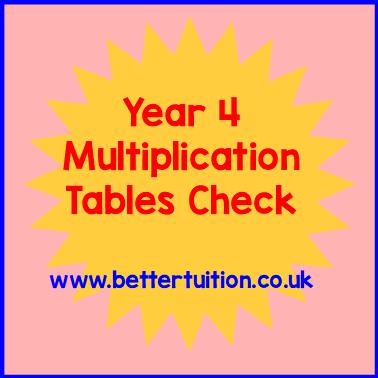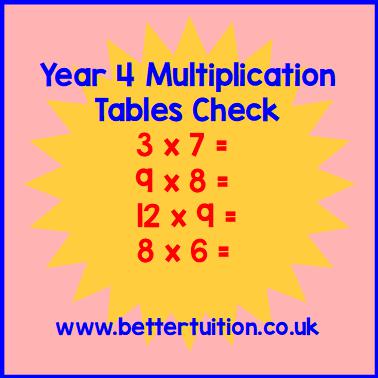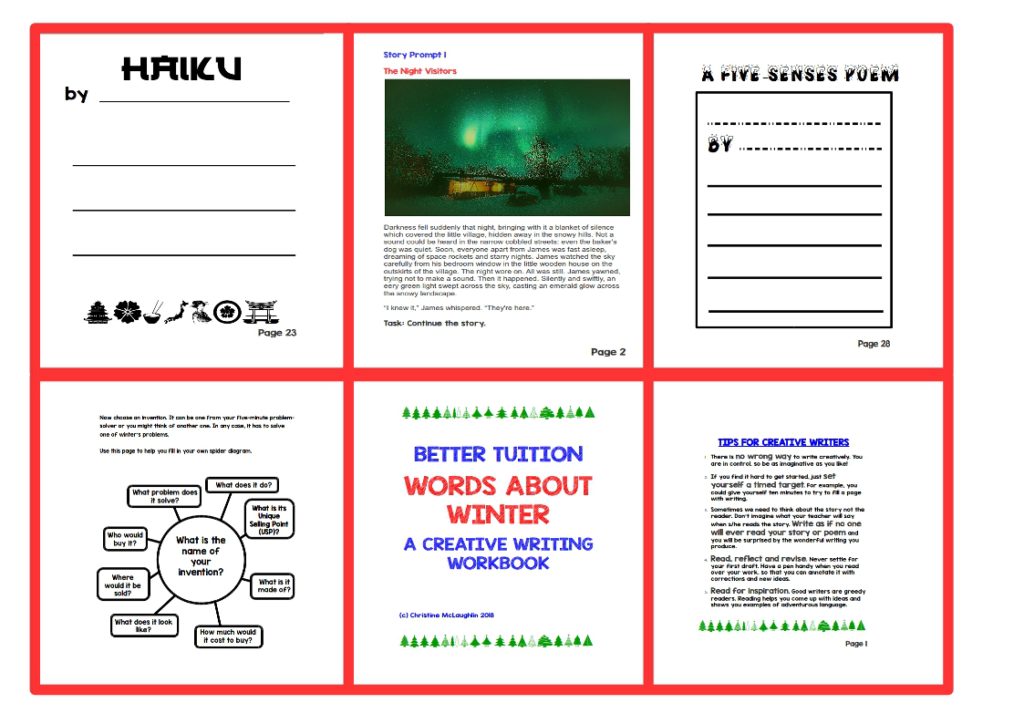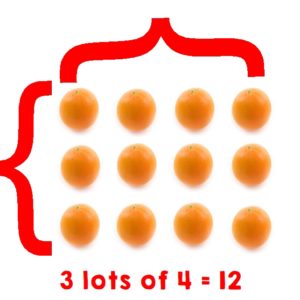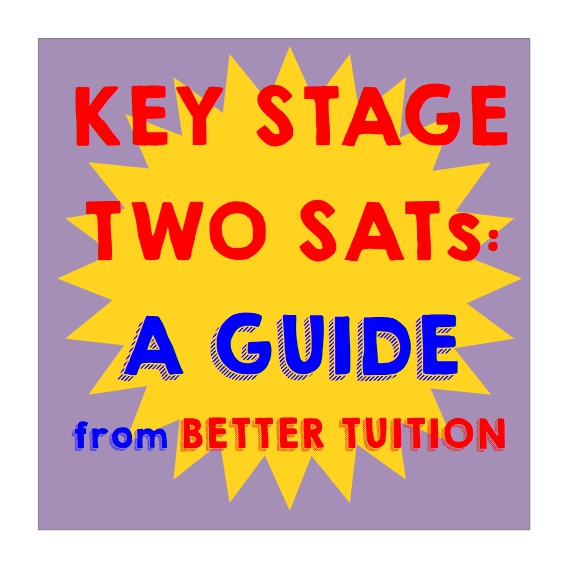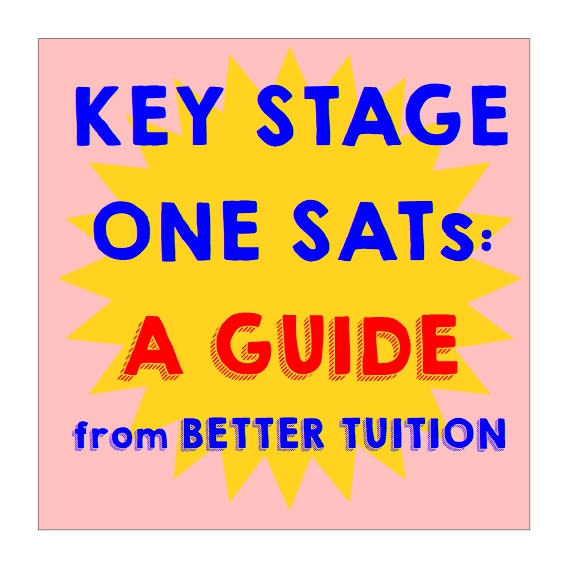
The deadline is looming for secondary school applications.
If your child is currently in Year 6, you will need to apply for their secondary school place by 31st October 2018. This is an important step in your child’s educational journey and it’s very important that you handle the process in the right way.
Applications for secondary school places are carried out online in Trafford and in most other local authorities. You can find guidance about applying for a secondary school in Trafford here on the council’s website. The application form is sometimes referred to as the Common Preference Form.
Choosing a School
Wherever you live, you will be able to choose a minimum of three schools; in Trafford, you may choose up to five schools. Better Tuition tip: choose more than one school. Even if you have your heart set on one particular school, there is never a guarantee that you will be offered a place at your first choice school. If you are not offered a place at your chosen school(s), you will be allocated a place at the nearest school with a space.
Ranking Schools in Order of Preference
Many parents are concerned about where to rank each school on their secondary school place application. However, schools are not allowed to allocate schools based on first choices. You can read about this in the School Admissions Code. Instead, schools must operate an ‘equal preference’ system. Schools will not know where you have placed them on your list of preferences. Better Tuition tip: put your first choice school at number 1 on your list. This will not affect your chances of getting into your second, third, fourth or fifth choice of school. If you don’t ask for the school you want, you won’t get it! This is important information if, for example, your child has not passed an entrance exam but you plan to appeal.
Applying out of area
If you are applying out of area, you still need to apply through your Local Authority. Not many people realise that some schools do not have a catchment area (check their admissions criteria). Sometimes Local Authorities have a reciprocal arrangement with other Local Authorities. For example, many children from Trafford attend Knutsford Academy or Chorlton High. This is because many children from Knutsford and Chorlton attend schools in Trafford.
How places are allocated
Your child’s name will be placed on a list (known as the School List) for each of your chosen schools. Their ranking on these lists will be based on how well they fit each school’s admissions criteria. Factors taken into account could include:
-
catchment area
-
religious status
-
entrance exam scores
If your preferred school is undersubscribed, they must offer you a place. If your preferred school is oversubscribed, they must refer to their oversubscription criteria. Each school has a different criteria for this. Better Tuition tip: You can find out your preferred school’s oversubscription criteria by googling, as below:
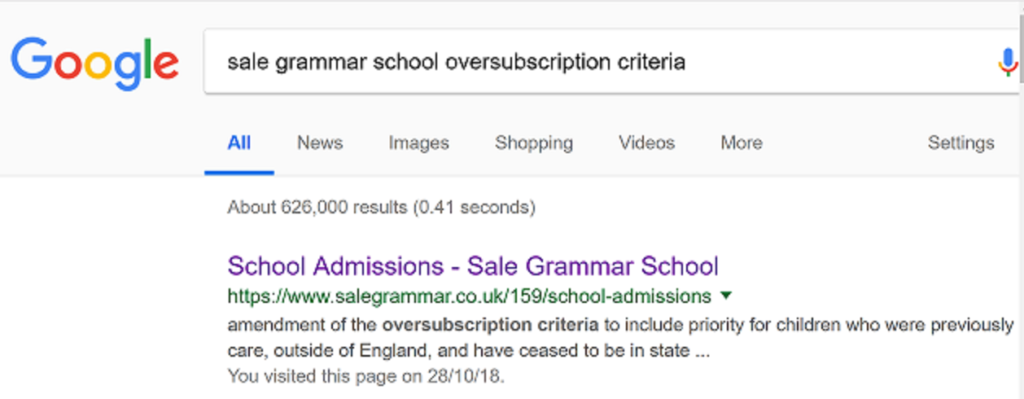
If your child’s name appears on more than one School List, then the Local Authority will take into account your order of preference when deciding how to allocate your child a place at secondary school.
If your child is not offered a place at your first choice of secondary school …
If your child is not offered a place at your first choice of school, s/he will automatically go on a waiting list for this and any other school you ranked higher than your allocated school. If a school has a space (not all children will take up the places offered to them, for various reasons), the Local Authority will allocate it to the next child on the waiting list. Better Tuition tip: you can find out where your child is ranked on the waiting list by contacting the admissions authority for the school. Don’t do this until places have been allocated – normally on 1st March.
Making an appeal
Everyone has the right to appeal if they are not allocated their preferred secondary school place. Appeals for a secondary place are a stressful, prolonged process so it’s important to be realistic about your chances of success. You can begin the appeals process after secondary school places have been allocated on 1st March (sometimes known as National Offer Day). Better Tuition tip: if you are intending to appeal, you should still accept the place you have been allocated, unless you are 100% certain your child will not be taking up the place. Remember that the odds are stacked against you in an appeal: the most likely scenario is that your appeal will be unsuccessful. Accepting the place that has been offered will not compromise your chances of a successful appeal. If you do not accept the place you have been allocated, and you lose the appeal, the local authority will allocate you a place at the nearest school which has space. This may not be very close to home and it may be a less acceptable choice than the place you turned down.
Applying for a secondary school place can be stressful, but we hope we have made the process a little more straightforward. If your child needs help to prepare for Year 6 SATs, please give Paul or Christine a call on 0161 748 3912 and find out what we can offer at our tuition centre in the heart of Urmston.



